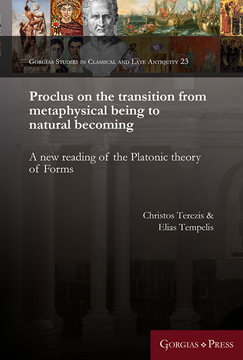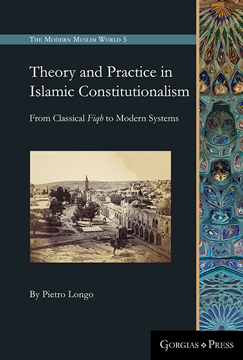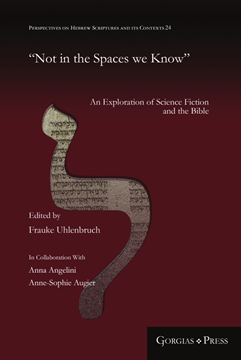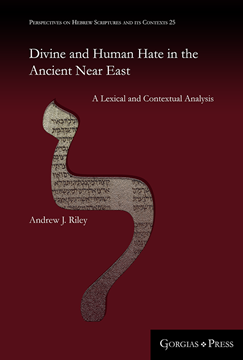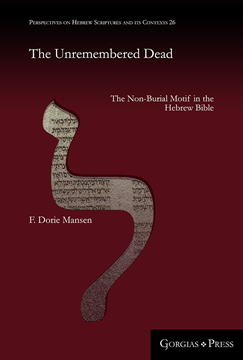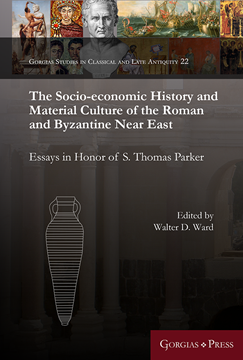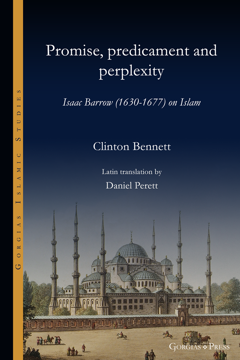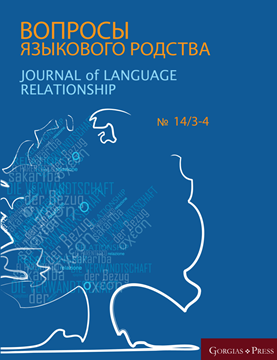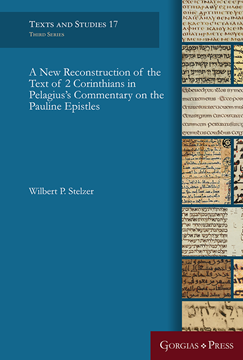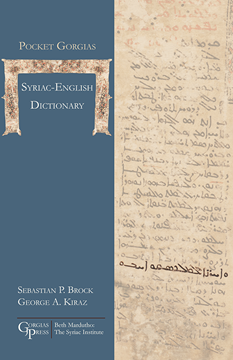Proclus on the transition from metaphysical being to natural becoming
A new reading of the Platonic theory of Forms
ISBN: 978-1-4632-0692-5
This volume examines the historical end of the Platonic tradition in relation to creation theories of the natural world through Neoplatonist philosopher Proclus (412-485) elaboration of an investigation of Plato’s theory of metaphysical archetypal Forms.
$127.00 (USD) $76.20 (USD)
Theory and Practice in Islamic Constitutionalism
From Classical Fiqh to Modern Systems
By Pietro Longo
Series: Gorgias's Modern Muslim World 5
ISBN: 978-1-4632-0693-2
This groundbreaking study investigates theories of Islamic constitutionalism as expressed and implemented throughout the history of Islam. To achieve this, it first traces the roots of caliphate embedded within the seminal legal and political works of classical and modern Muslim thinkers. In its concluding chapters, the study maps out and discusses the subsequent transition of Islamic and Muslim governance into twentieth-century approaches to constitutionalism. Longo's resourceful and meticulous approach sheds new light on constitutionalism within the contemporary Muslim world and how it continues to be informed by, or departs from classical theories of Islamic and Muslim governance.
$118.00 (USD) $70.80 (USD)
"Not in the Spaces we Know"
An Exploration of Science Fiction and the Bible
ISBN: 978-1-4632-0694-9
This volume explores themes at the intersection of the Bible and science fiction. In the genre of science fiction in film, books, comic books, or fan fiction, we find portrayals of possible futures, altered pasts, supernatural or beyond-human beings. Just as in biblical literature, science fiction can contain metaphysical speculation. Departing from this intersection, the authors engage with biblical texts 'as' science fiction, asking different questions of their sources: can science fiction theory and practice yield new approaches to the discussion of biblical texts? The authors reflect on methodology and offer case studies that include, among others, superhuman biblical kings and uncanny divine intermediaries.
$117.00 (USD) $70.20 (USD)
Divine and Human Hate in the Ancient Near East
A Lexical and Contextual Analysis
ISBN: 978-1-4632-0695-6
Divine and Human Hate in the Ancient Near East studies lexemes for ‘hate’ in Biblical Hebrew, Ugaritic, and Akkadian. Riley conducts a lexical study of three ‘hate’ terms, along with comparative analysis of divine and human hate in biblical, Ugaritic, and Mesopotamian literature.
$123.00 (USD) $73.80 (USD)
The Unremembered Dead
The Non-Burial Motif in the Hebrew Bible
ISBN: 978-1-4632-0696-3
The Unremembered Dead examines the motif of non-burial in the Hebrew Bible in its ancient Near Eastern contexts. Mansen proposes a new typology for analyzing these references, and demonstrates the range of functions that the non-burial motif served as a literary weapon in both biblical and extra-biblical texts.
$145.20 (USD) $87.12 (USD)
The Socio-economic History and Material Culture of the Roman and Byzantine Near East
Essays in Honor of S. Thomas Parker
Edited by Walter D. Ward
ISBN: 978-1-4632-0701-4
A collection of essays written in honour of S. Thomas Parker by his former students and colleagues. The essays focus on surveys, material and written culture, the economy, and the Roman military in the Near East.
$190.00 (USD) $114.00 (USD)
Promise, predicament and perplexity
Isaac Barrow (1630-1677) on Islam
Series: Gorgias Islamic Studies 17
ISBN: 978-1-4632-0702-1
This book is a study of the contribution of Isaac Barrow (1630-1677), Master of Trinity College (Cambridge), to Western perceptions of Islam in the 17th century. In particular, it provides a translation and study of Barrow's Latin essay on Islam (written in Constantinople), a Sermon on Islam and several other works that set out an embryonic theory of religion.
$35.00 (USD) $21.00 (USD)
Journal of Language Relationship 14/3-4
Volume 14/3-4
Series: Journal of Language Relationship 14/3-4
ISBN: 978-1-4632-0704-5
The Journal of Language Relationship is an international periodical publication devoted to the issues of comparative linguistics and the history of the human language. The Journal contains articles written in English and Russian, as well as scientific reviews, discussions and reports from international linguistic conferences and seminars.
$67.00 (USD) $40.20 (USD)
A New Reconstruction of the Text of 2 Corinthians in Pelagius' Commentary on the Pauline Epistles
Series: Texts and Studies (Third Series) 17
ISBN: 978-1-4632-0706-9
A new reconstruction of Pelagius's biblical text of 2 Corinthians. It shows how Pelagius's commentary assists us in choosing between variant readings and assessing manuscript reliability. From this new reconstruction, it is now apparent that Pelagius had access to the Vulgate already in the early 5th century.
$133.00 (USD) $79.80 (USD)
Pocket Gorgias Syriac-English Dictionary
Series: Gorgias Handbooks 38
ISBN: 978-1-4632-0707-6
The Pocket Dictionary is both a convenient academic resource and a door into the world of Modern Literary Syriac. With 13,000 entries drawn from the major existing works, it is a practical tool for all but the most specialized Classical Syriac texts.
$45.00 (USD)
